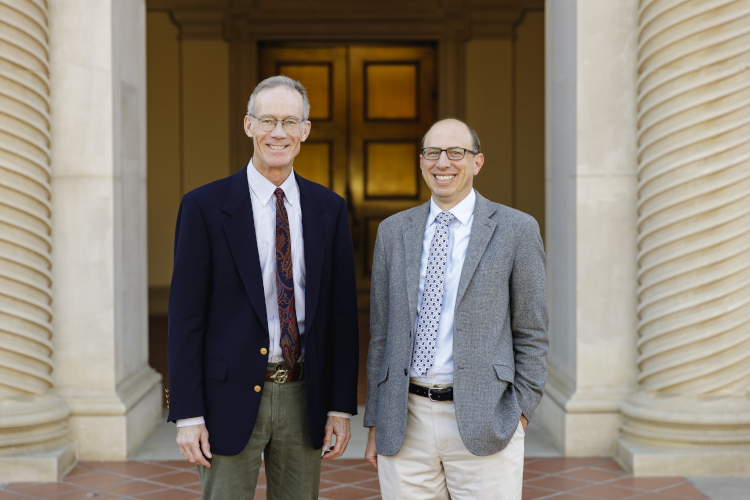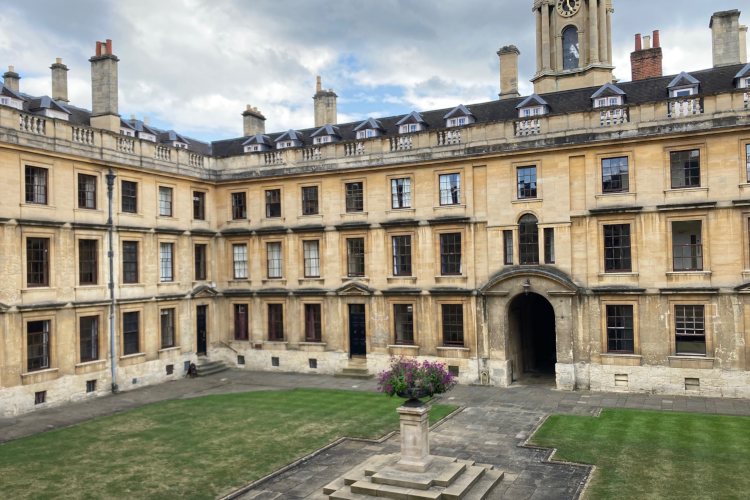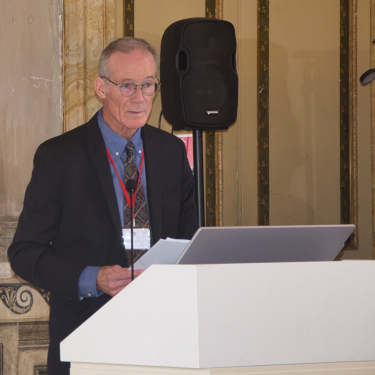- Home
-
About
 Fidelity & Excellence
Fidelity & ExcellenceThomas Aquinas College is unique among American colleges and universities, offering a faithfully Catholic education comprised entirely of the Great Books and classroom discussions.
-
A Liberating Education
 Truth Matters
Truth MattersTruth, and nothing less, sets men free; and because truth is both natural and supernatural, the College’s curriculum aims at both natural and divine wisdom.
-
A Catholic Life
 Under the Light of Faith
Under the Light of FaithThe intellectual tradition and moral teachings of the Catholic Church infuse the whole life of Thomas Aquinas College, illuminating the curriculum and the community alike.
-
Admission & Aid
 Is TAC Right for You?
Is TAC Right for You?Do you enjoy grappling with complex questions? Are you willing to engage in discussions about difficult concepts, with the truth as your ultimate goal?
-
Students & Parents
 Mind, Body & Spirit
Mind, Body & SpiritThere is always something to do at TAC — something worthwhile, something fulfilling, and something geared toward ever-greater spiritual and intellectual growth.
-
Alumni & Careers
 What Can You Do with a Liberal Education?
What Can You Do with a Liberal Education?Nothing speaks more to the versatility of the College’s academic program than the good that our alumni are doing throughout the Church and the world.
- Search
- Giving
Tutors Present Scholarly Work at Oxford, Rome Conferences

Two members of the Thomas Aquinas College, California, teaching faculty have recently helped organize academic conferences both in Europe. In August, Dr. Drew Rosato facilitated a conference centered around medieval Franciscan thought at Oxford. Three months later, Dr. David Appleby worked with a fellow scholar to arrange the “Jews in the Frankish Orbit” conference in Rome.
Unlike professors at most colleges, Thomas Aquinas College’s tutors are not required to fulfill research requirements outside of the classroom, as their primary duty is to their students. Some, however, choose to pursue additional scholarly studies alongside their tutorials, contributing to seminars, conferences, and publications world over.

Joining Dr. Lydia Schumacher, professor of Historical and Philosophical Theology at King’s College in London, Dr. Rosato organized a conference centered around a book he and Dr. Schumacher are editing, The Oxford Handbook of Medieval Franciscan Thought.
“The book, which will have 40 chapters, covers how medieval Franciscans understood a variety of philosophical and theological topics,” Dr. Rosato says. “It also contains a section about the historical and institutional context of medieval Franciscan thought, as well as a section on the legacy of Franciscan thought after the Middle Ages.”
Set at the idyllic Queen’s College in Oxford, the conference gathered many of the book’s contributing authors, 14 of whom presented drafts of their chapters to their colleagues. For his paper, Dr. Rosato examined how medieval Franciscans understood the redemptive work of Christ, drawing on texts by Alexander of Hales, St. Bonaventure, and Duns Scotus. “The conference was a great opportunity to meet some of the contributors in person for the first time and to have a chance to share our work with each other,” Dr. Rosato remarks.

For Dr. Appleby, the Jews in the Frankish Orbit conference was the outgrowth of a casual conversation among friends, sparking an interest in the topic. “While at a different conference two years ago, a friend raised the idea of doing a conference where we gather a group of scholars to say something up to date about Jews in Western Europe, specifically in the Frankish realms in the early Middle Ages, and things soon got out of control,” he laughs.
After two years spent finding speakers and arranging accommodations with the help of Dr. Lynda Coon, dean of the Honors College at the University of Arkansas, Dr. Appleby gathered with fellow medieval experts and enthusiasts in Rome. In his paper, Appleby considered the label “Judaic superstition,” which appeared in two Adversus Judaeos pamphlets written by bishops of Lyon in the ninth century. In particular, he argued that the label of superstition helped the bishops develop a powerful and useful image of present time in relation to the course of salvation history. His and other presentations helped the attendees gain a better view of how the Jews of the Middle Ages lived and were perceived by others.
“I’m delighted to report that the conference went very well,” Dr. Appleby says. “It’s wonderful to share the scholarly work I have done, as well as to promote the College and its mission, with a greater collection of scholars from the U.S., Europe, and Israel. For me, it was a very good and enriching experience in addition to my main work as a tutor.”

